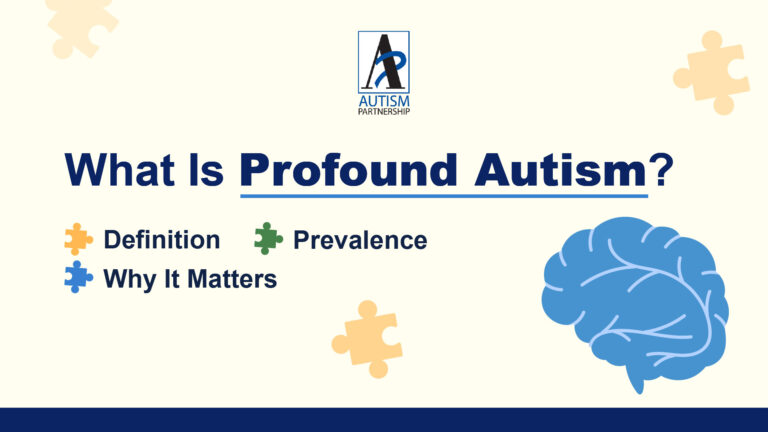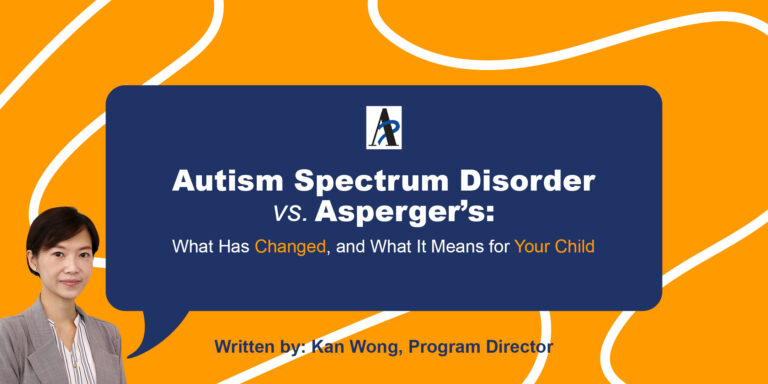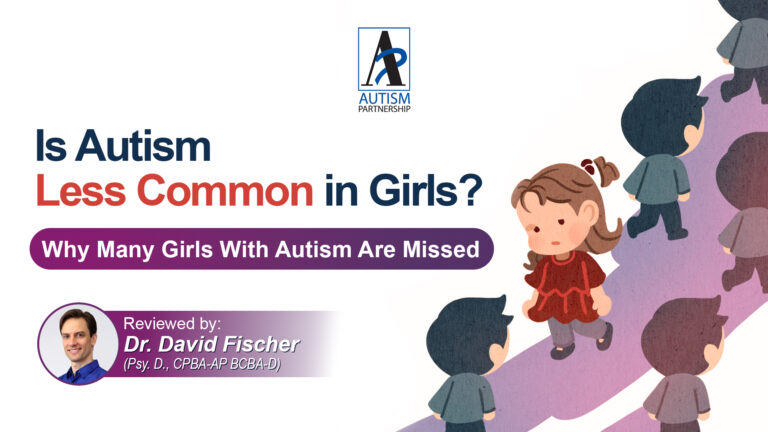What are the Signs and Symptoms of ASD?
With the advancement in diagnostic tools, most children with autism can be reliably diagnosed by the age of 3, and earlier diagnosis is possible even for children as young as 12 months old.
Parents are usually the first to notice peculiarities with their child’s development that do not follow the typical norm. Some of these peculiarities noted by parents include regression and onset of social aloofness and/or a lack of progress after the child has reached certain developmental milestones. This can occur as a pronounced regression over a few months time or it can come about gradually as a child’s development seems to stall.

Although symptoms of autism vary from child to child, the core areas affected include:
- Deficits in language and communication
- Underdeveloped cognitive and adaptive functioning
- Impairments in socialization and social interactions
- Restricted, repetitive, and stereotyped patterns of behavior and interests
These essential skill deficits cause children to fall progressively further behind their typical peers as they grow older. The cause is unknown, but evidence points to physiological and neurological abnormalities.
Children with autism generally do not learn in the same way that children normally learn, because, in part, they lack the fundamental skills which enable them to acquire and process basic information. These difficulties result in significant delays in their development of language, play, and social skills, including failure to notice and learn through imitation of their peers.
If you think your child or a child in your life might have autism, take the first step toward seeing if they need extra care, attention, and support from you. Seek a diagnosis and support from professionals who use an evidence-based approach to achieve goals that help children thrive.
Related Articles:

Individuals on the autism spectrum vary greatly in how their autistic characteristics shape their life. Some individuals go through their entire life without receiving a diagnosis. On the other hand, some children demonstrate indicators shortly after birth and are diagnosed as young as assessments allow. This article explains how autism has been defined over time—and […]

Over the years, I have met many parents who come to me with the same question: “What is the difference between Autism Spectrum Disorder and Asperger’s Disorder?” Some parents tell me their child was diagnosed with Asperger’s, not autism. Others hear from friends or online sources that Asperger’s is milder and wonder whether their child […]

Is autism really less common in girls than boys? Should parents feel more relieved if they have a daughter? Why Fewer Girls Are Diagnosed With Autism Autism Diagnosis in Boys and Girls: What the Data Shows How Autism Often Presents Differently in Girls – Social Motivation, Language, and Behaviour Other Common Traits Seen in Girls […]
Contact us Today
with concerns or for resources to help you determine if your child has ASD and the steps to take after receiving a diagnosis.
